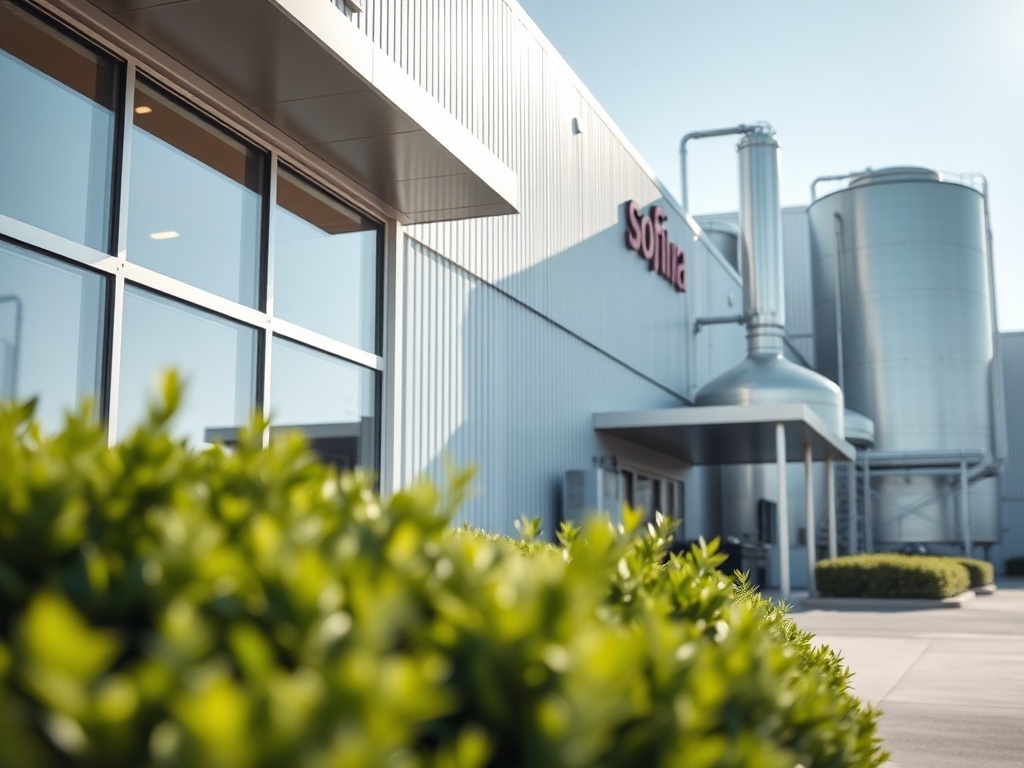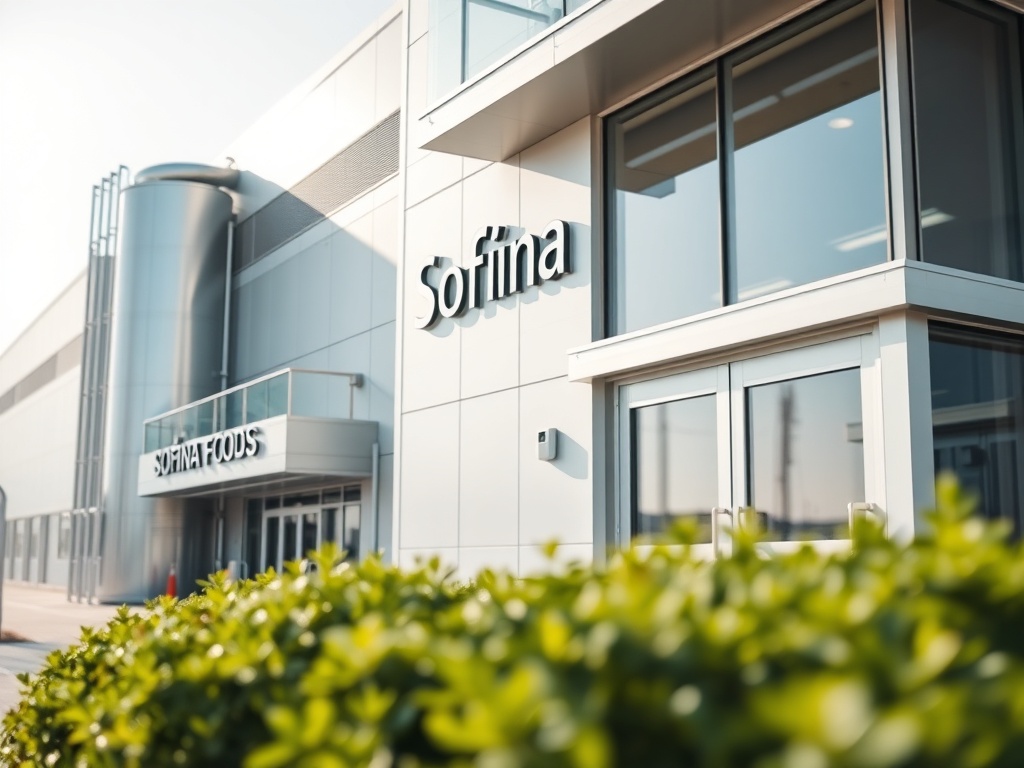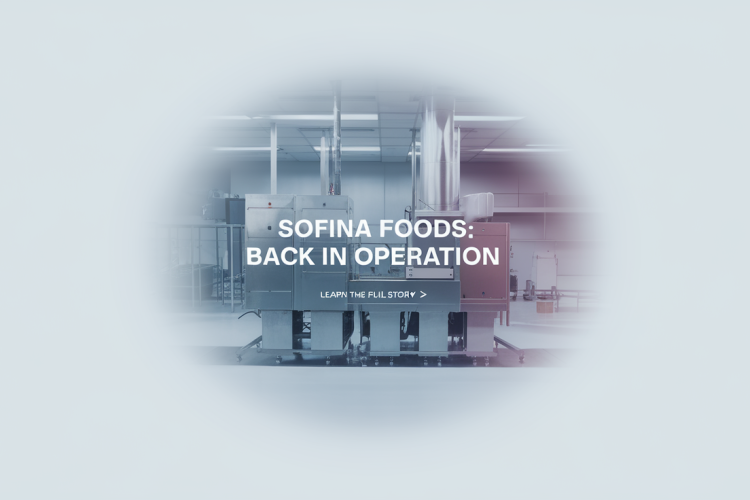The Sofina Foods plant in London, Ontario, Canada, has reopened after a significant Legionnaires’ disease outbreak was contained. The outbreak, which was confirmed in early July 2025, led to 95 confirmed cases and five deaths by September 9, 2025. The Middlesex-London Health Unit (MLHU) played a crucial role in identifying the source of the outbreak and guiding the remediation efforts. The plant’s cooling towers were identified as the source of the Legionella bacteria.
Understanding the Outbreak
The outbreak was characterized by a significant number of cases within a specific geographic area, bounded by Highbury Avenue North to Adelaide Street South and Dundas Street to Hamilton Road. Legionnaires’ disease is a serious bacterial infection that can cause pneumonia, and it’s usually spread through inhalation of aerosolized contaminated water droplets. According to the MLHU, the outbreak was linked to the Sofina Foods plant via testing, and the importance of robust public health measures cannot be overstated. The affected area saw a significant number of hospitalizations, with 96 people hospitalized, four of whom remained hospitalized as of September 9, 2025.

Public Health Response and Remediation
The MLHU’s response to the outbreak was swift and decisive, with the health unit working closely with Sofina Foods to identify the source of the outbreak. The cooling towers at the Sofina Foods plant were taken offline, and a deep cleaning and disinfection protocol was implemented. Sofina Foods’ Chief Safety Officer, Sharon Begley, stated that the company followed MLHU guidance and worked with outside specialists throughout the outbreak. The plant resumed regular operations after receiving approval from the MLHU, although the cooling tower remains offline pending further steps.
Food Safety and Consumer Impact
It’s worth noting that the MLHU declared Sofina Foods’ food products safe for consumption, as Legionella is not transmitted through food or person-to-person contact. Consumers can rest assured that the risk of infection was associated with the aerosolized contaminated water droplets from the cooling towers, not with the food products themselves. For more information on food safety and outbreaks, you can check out resources on foodborne illness trends.
Legal Action and Community Impact
The outbreak has had significant legal and community implications, with Siskinds law firm filing a C$86 million class-action lawsuit on behalf of affected residents. The lawsuit highlights the importance of industrial safety protocols and the need for companies to prioritize public health. Linda Visser, Partner at Siskinds, stated that the firm believes in Londoners’ rights to clean air. Sofina Foods acknowledges the pending claim, and the case is likely to increase scrutiny on industrial cooling systems in Canada, much like the E. coli outbreak in Latvia led to increased vigilance.

Corporate Context and Future Implications
Sofina Foods is a significant player in the global food industry, operating over 40 facilities worldwide and employing more than 13,000 people. The company’s annual revenue exceeds C$6.5 billion, and it’s headquartered in Markham, Ontario. The 2025 outbreak was not an isolated incident, as the same site was linked to a smaller outbreak in 2024 with 30 cases and two deaths. As the company moves forward, it’s likely that Sofina Foods will face increased scrutiny on its safety protocols, and companies like Sofina Foods must stay ahead of the curve by adopting best practices in food safety and public health, much like the research being done on cell-cultivated food. For instance, companies can learn from past outbreaks, such as the Salmonella outbreak linked to Belgian eggs.



